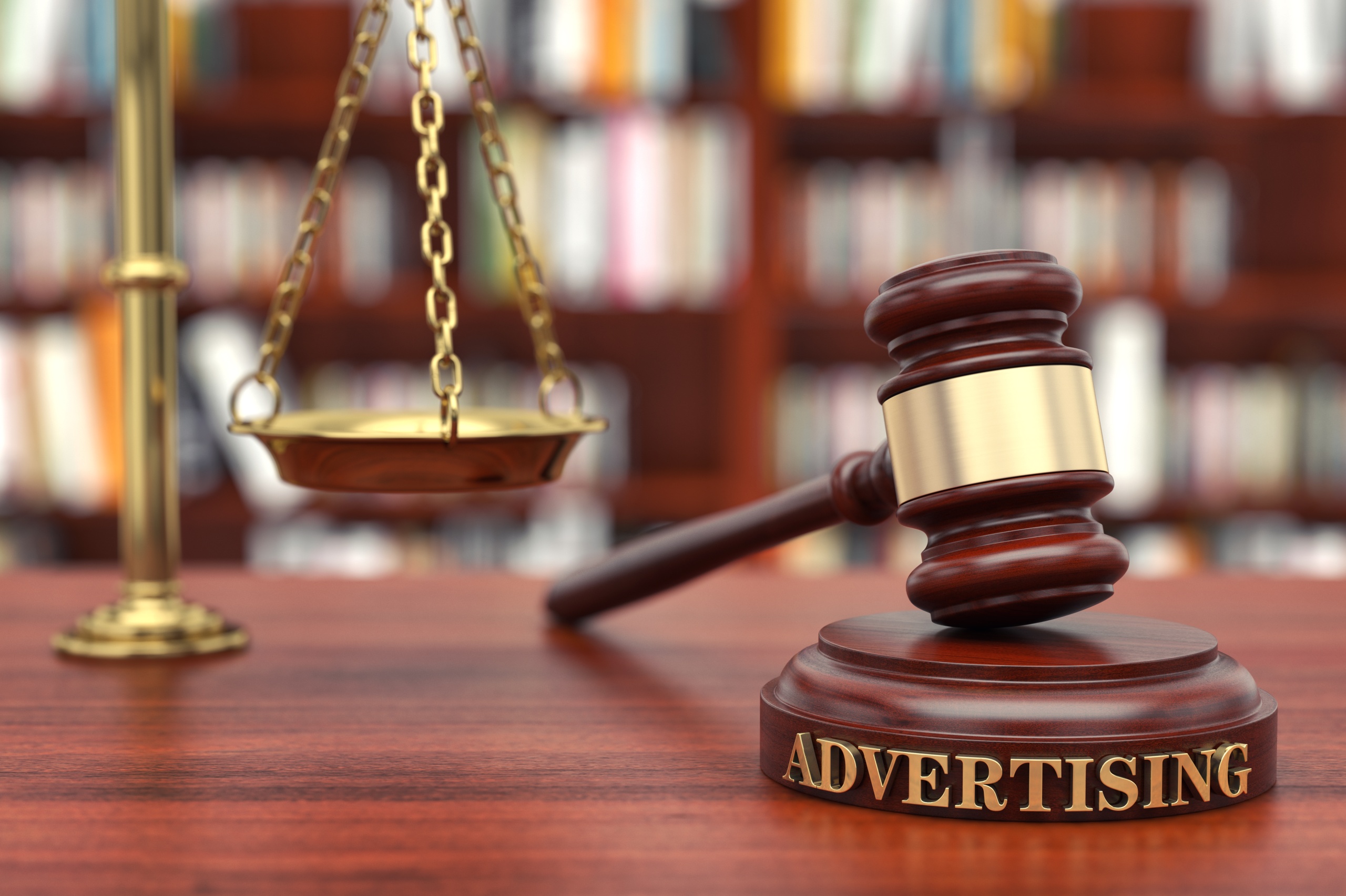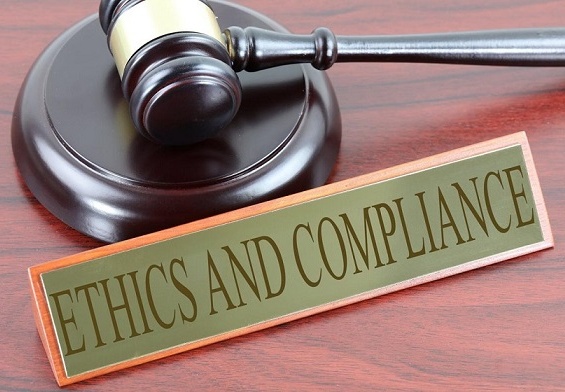The Essence of Ethical Advertising
Marketing for lawyers is not just about attracting clients; it’s about doing so ethically. Lawyer advertising rules, such as those outlined by the New York State Bar Association, emphasize transparency, honesty, and clarity. Advertisements should not be misleading or deceptive, ensuring potential clients make informed decisions.
The very foundation of ethical advertising lies in the principle of truthfulness. In a profession where trust is paramount, every communication, be it a billboard, a website banner, or a social media post, must reflect the genuine capabilities and services of a lawyer or a law firm. Misrepresentation, even if unintentional, can lead to a breach of this trust, which can be detrimental to a lawyer’s reputation and practice.
Furthermore, ethical advertising for lawyers goes beyond just the content. The medium, timing, and target audience of the advertisement also play crucial roles. For instance, directly reaching out to someone who has recently faced a personal tragedy, even with the best intentions, can be perceived as exploitative. The context in which an advertisement is placed can significantly influence its ethical implications.
Another essential aspect of ethical advertising is clarity. Legal jargon, while familiar to those in the profession, can be confusing to the general public. Ethical advertisements ensure that the message is not only accurate but also easily understandable by its intended audience. This clarity ensures that potential clients have a clear understanding of what they can expect, reducing the chances of misunderstandings or false expectations.
The essence of ethical advertising also encompasses the idea of respect. Respect for the intelligence of the audience, respect for the rules and guidelines set by professional bodies, and respect for the very essence of the legal profession. It’s about recognizing that while advertising is essential for business growth, it should never come at the cost of the values that define the legal profession.
Navigating Solicitation Rules
Lawyer solicitation rules are stringent. Direct solicitations, especially after specific incidents like personal injuries, are restricted to protect vulnerable individuals from undue influence. Lawyers must be cautious, ensuring their solicitations don’t exploit potential clients during their times of distress.
Solicitation, in the context of the legal profession, is more than just reaching out to potential clients; it’s about the manner, timing, and intent behind that outreach. The legal profession recognizes the power dynamics at play, especially when individuals might be facing some of the most challenging times in their lives. It’s during these moments that they are most susceptible to influence, and the rules are designed to shield them from potentially predatory practices.
Understanding the difference between general advertising and direct solicitation is crucial. While the former is a broad approach aimed at informing potential clients about a lawyer’s services, the latter is a targeted effort directed at specific individuals or groups. This distinction is vital because the ethical considerations and rules governing each can differ significantly.
For instance, while an advertisement on a billboard or a website is passive and allows potential clients to engage at their own discretion, a direct mailer or phone call to someone recently involved in an accident can be intrusive and unwelcome. The intent behind such targeted outreach, especially if driven primarily by financial gain, can often overshadow the genuine desire to assist, leading to ethical dilemmas.
The digital age has added another layer of complexity to solicitation rules. With the rise of social media and online platforms, what constitutes a direct solicitation? Is a personalized ad on a social media platform considered general advertising or targeted solicitation? These are questions that lawyers must grapple with, ensuring that their online marketing efforts align with the ethical standards of their profession.
The Digital Dilemma: Social Media Marketing for Lawyers
Social media offers a vast platform for lawyers to reach a broader audience. However, the ethical implications of social media marketing for lawyers are intricate. As highlighted in the ResearchGate article, lawyers must navigate issues like data privacy, consent, and transparency when advertising on these platforms.
The digital revolution has transformed the way businesses, including law firms, interact with their audience. Platforms like Facebook, Twitter, LinkedIn, and Instagram provide unprecedented opportunities for lawyers to showcase their expertise, share insights, and connect with potential clients. But with these opportunities come challenges that require careful navigation.
One of the primary concerns with social media marketing for lawyers is the blurred line between personal and professional. A lawyer’s personal post can easily become a promotional tool, intentionally or not. This overlap can lead to potential conflicts of interest, especially if personal opinions or affiliations influence professional advice or representation.
Another challenge is the vast and diverse audience on social media. A post intended for a specific group might be viewed by a broader audience, leading to potential misunderstandings or misinterpretations. Lawyers must be cautious about the content they share, ensuring it aligns with the ethical standards of their profession and doesn’t inadvertently mislead or misinform.
Data privacy is another significant concern. With the increasing use of targeted ads based on user data, lawyers must ensure that their marketing strategies respect the privacy rights of individuals. This means being transparent about how data is collected and used and ensuring that any advertising efforts comply with privacy regulations and standards.
Furthermore, the interactive nature of social media means that lawyers can engage in real-time conversations with potential clients. While this can be beneficial, it also poses risks. Off-the-cuff remarks or responses can be misconstrued, and without the proper context of a formal consultation, there’s potential for miscommunication or the inadvertent establishment of a lawyer-client relationship.
Crafting Ethical Lawyer Ads
How to write an ethical lawyer ad? It should be transparent, honest, and provide all necessary information. Avoiding conflicts of interest in advertising is crucial. For instance, endorsements from clients with pending matters require informed written consent. Crafting an ad is an art, and for lawyers, it’s an art bounded by strict ethical guidelines.
Creating an advertisement for legal services is not just about showcasing expertise or highlighting past successes. It’s about communicating a message that resonates with potential clients while adhering to the ethical standards that define the legal profession. Every word, image, and claim in an ad carries weight and has implications.
First and foremost, honesty is paramount. An ethical lawyer ad should never exaggerate or make unfounded claims. Whether it’s the number of cases won, the amount of settlements secured, or the years of experience, every piece of information should be accurate and verifiable. Misleading potential clients not only risks breaching trust but can also lead to disciplinary actions.
Transparency is another cornerstone of ethical advertising. If an ad includes client testimonials or endorsements, it should be clear whether they were paid for or given voluntarily. Any potential biases or affiliations that could influence the content of the ad should be disclosed. This transparency ensures that potential clients have all the information they need to make an informed decision.
In addition, the content of the ad should be accessible and understandable to its intended audience. Legal jargon, while precise, can be confusing to those outside the profession. Ethical ads prioritize clarity, ensuring that the message is not lost in complex terminology. It’s about respecting the intelligence of the audience and ensuring they understand the services being offered.
Another crucial aspect to consider is the medium and placement of the ad. Where and how an ad is displayed can influence its perception. For instance, an ad for personal injury services placed near a hospital might be seen as opportunistic, even if the intent is genuine. Lawyers must be mindful of the broader context and potential implications of their advertising efforts.
Consequences of Overstepping
Violating lawyer advertising rules can have severe repercussions, from disciplinary actions to tarnishing one’s reputation. It’s not just about adhering to the rules of professional conduct for lawyer advertising but also about upholding the profession’s integrity. The legal profession is built on trust, and any breach of that trust, even in advertising, can have long-lasting consequences.
The legal landscape is dotted with examples of lawyers who, in their zeal to attract clients, have overstepped the boundaries set by professional conduct rules. Such transgressions, whether intentional or inadvertent, can lead to a cascade of negative outcomes.
Firstly, disciplinary actions can range from warnings and fines to suspension or even disbarment in severe cases. These actions are not just punitive but serve as a deterrent to others in the profession, emphasizing the importance of adhering to ethical standards in all aspects of practice, including advertising.
Beyond formal disciplinary measures, the damage to a lawyer’s reputation can be profound. In an age where information travels fast, especially on digital platforms, news of unethical advertising practices can spread rapidly. Potential clients, peers, and the broader community may begin to view the lawyer or the firm with skepticism, questioning their integrity and professionalism. This loss of trust can be challenging, if not impossible, to rebuild.
Furthermore, there’s the potential for legal ramifications. Misleading or false advertising can lead to lawsuits, adding financial strain to the already significant reputational damage. Such legal battles can divert valuable time and resources away from serving clients, further impacting a lawyer’s practice.
It’s also worth noting the internal consequences within a law firm. Violations can lead to strained relationships among partners and associates, especially if the actions of one individual impact the firm’s collective reputation. The morale and cohesion of the team can be affected, leading to potential turnover or internal conflicts.
In conclusion, the consequences of overstepping in lawyer advertising are multifaceted and far-reaching. They serve as a stark reminder of the importance of navigating the complex world of legal marketing with caution, awareness, and a deep-rooted commitment to the ethical standards that define the profession. Every advertisement, solicitation, or promotional effort should be approached with the understanding that the stakes are high, and the responsibility to uphold the profession’s integrity is paramount.
Resources:




